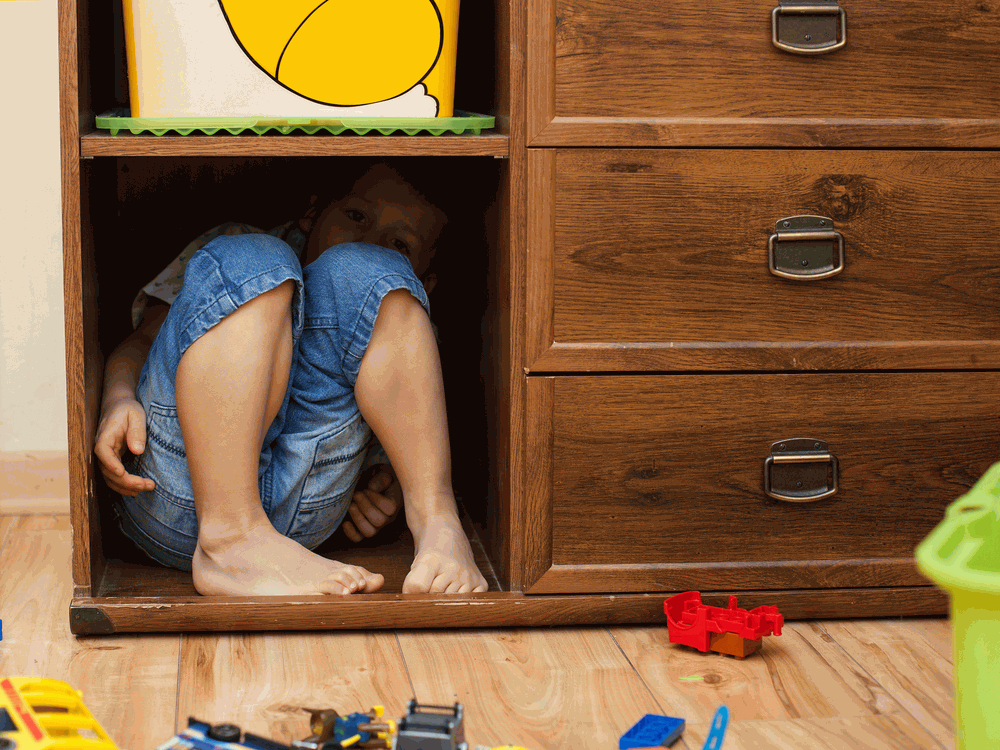A few parents who believe any boundaries and perfect table modes will be harmful. You’re aiming for halfway in between both. Examine your anticipation based on one’s own childhood and adapt as needed. We have a tendency to parent with the anticipation that we were raised with. And this does not take into consideration the trauma your kid has suffered. Consider your non negotiables, these youd like, and the ones that would – be nice. Like, a non might not be a violence against anyone in the family, you’d really like to understand your child work on being able when they’re feeling dysregulated to relax table manners may be nice.
When working with children that are traumatized you – have to adjust your thoughts of justice – you may end up worried they’ll eliminate it, and not every action needs an outcome. Your objective is to heal injury and equip them to live as working adults, if you focus on that target it could be easier to select techniques – based upon what they need, not. Your own emotions: Take control of your own emotions, particularly anger. Children do what’s modeled – . Children with physical and mental abuse in their history will attempt to get you angry as they’re testing you to see when you’re going to – beat them.
Constant and calm existence will make them feel safe, but testing a part of this. You can’t overcome anger with anger, it only – leads to explosions. And once you’re angry and defensive you’re in your doing brain as opposed to your thinking brain and that implies that you are – not in your best parent as well. Our brains contain something called neurons mirror, which really reflect and cause us to feel the emotions of – others around us. So when your kid is really angry, you’ll feel that anger. But, if you’re able to contain and also to calm – which anger, then your kid can start mirroring your calmness.
In addition, parenting kids with injury will bring up your very own trauma, even when you believe you – need dealt with it before. Emotions first: You always need to face the emotions first before problem solving/advice/consequences. Children with trauma may have a difficult time – identifying emotions and face the emotional dysregulation. For example, one weekend we’d a young kid be truly nervous about an upcoming event – and was acting out, screaming at my husband and throwing things whenever we asked her to help join within the household and pick up things around the home.
in Parenthood
How to Deal with Children with trauma







